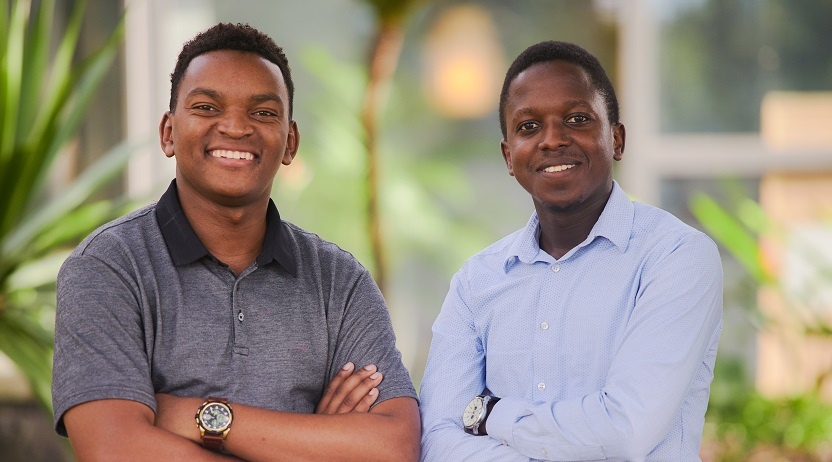Mauritian startup Rwazi is providing retail companies with data on the availability, visibility and pricing of their products compared to those of their competitors in real-time, boosting competition and helping consumers.
Founded last year and already expanding into Uganda, Zambia and Rwanda, Rwazi offers gig work to “mappers”, who use a mobile app to harvest data from retail outlets. Clients – either retail companies or organisations seeking data in developing markets – can then access a dashboard to receive analytics, insights and predictions in real-time.
“Companies subscribe to activate the cycle where they want to optimise distribution. For example, you are Coca-Cola, and you subscribe for us to provide you a live feed on the availability, visibility and pricing of Coca-Cola versus Pepsi in Lagos, throughout the year. With this, you list and restock at speed to increase market share,” Rwazi founder Joseph Rutakangwa told Disrupt Africa.
An interesting concept, and one that has proven attractive. Rwazi has already mapped over 20 brands in Mauritius, including Coca-Cola, Pepsi, Ceres, Tipco and Rhodes, and is already activating in Uganda, Zambia and Rwanda.
“However, I would like to shift focus from thinking that our services are available where we activate. We start mapping where the clients target, and not the client targeting where we’re already mapping,” Rutakangwa said.
The idea for Rwazi came about when Rutakangwa was working as a business consultant on expansion projects for multinationals, helping them build successful strategies to penetrate and grow in developing markets. A number of his last projects were in collaboration with Eric Sewankambo, who had been working as a business intelligence in Uganda.
“For the many projects we worked on, the most common barrier was the lack of data from developing countries, especially in Sub-Saharan Africa,” Rutakangwa said. “Market data is not gathered, or gathered inefficiently and not properly stored. For companies seeking to better penetrate markets and make products available at affordable prices, lack of data is the single biggest setback to growth.”
Rutakangwa and Sewankambo carried out comprehensive market research, conducted feasibility studies with industry experts, and ran on-the-ground tests in Cameroon, Uganda and Tanzania, before deciding to launch Rwazi in Mauritius for the specific purpose of providing data services for developing markets.
“On the one hand, tens of thousands of consumer goods businesses need data on millions of products from millions of traditional, informal retail outlets which cannot be accessed automatically with digital equipment. In Sub-Saharan Africa, 98% of sales happen at traditional retail outlets. So, there’s high demand for data,” said Rutakangwa.
“On the other hand, millions of young, educated people in Africa need income generating activities. They use smartphones, have daily access to the internet, and have traditional retail outlets in their neighbourhoods.”
Rwazi puts these two things together, turning young people into mappers to gather product data from traditional retail outlets and get paid, instantly, after data verification. Companies can then subscribe to Rwazi to get an accurate, exhaustive real-time view of their retail universe.
Rwazi has been mostly bootstrapped, with some angel investment, and Rutakangwa said it had proven a challenge accessing funding.
“It was a whole new level of difficulty as we were an African startup, built by Africans. We were forced to innovate smart processes around product development, securing office space and administrative must-dos, capitalising on talent and covering initial sales and marketing,” he said.
All of this means building Rwazi has been the most demanding, exciting, challenging and fulfilling undertaking in his life.
“The journey is mixed with uncertainty and big breaks. I had always wanted to build a business that create shared value in Africa and the developing world,” Rutakangwa said.
“Six years ago I developed a deep interest in big data and spent years looking for where, how and whom to get started with. Today, I work long hours, seven days a week, throughout the year, and I’m the most satisfied I’ve ever been because I’m living my dream.”


